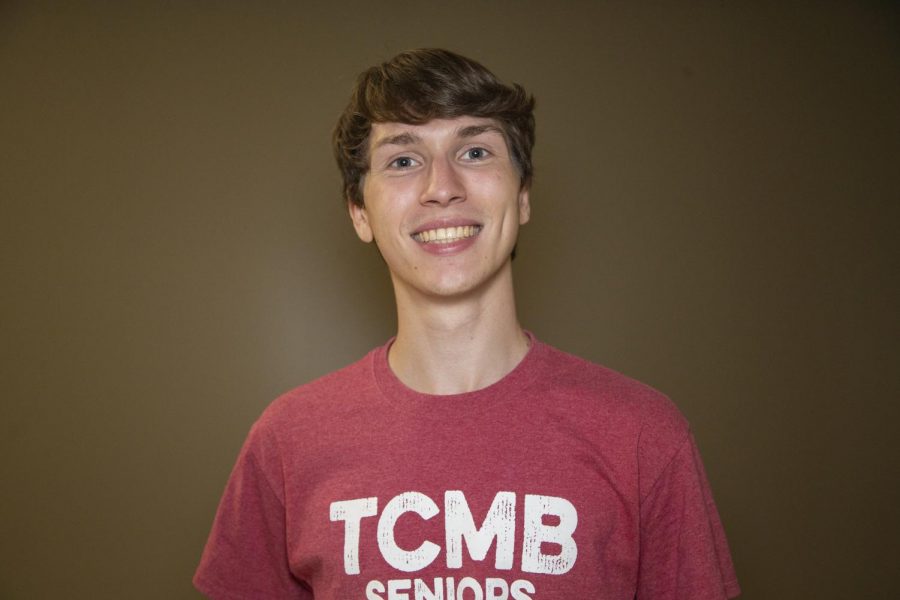Opinion: Toxic group insiders exclude potential new members
Some people have tarnished the reputations of their hobbies or political affiliations, but they don’t represent all their groups have to offer.
March 1, 2020
Decisions and biases are formed at a glance, especially when the viewer has no prior interaction with a group. While these may seem innocuous, biases can damage the communities they represent. This is prevalent in gaming, the quintessential “white guy nerd” hobby. Awash with people who don’t wash themselves, “gamers” spend hours in basements playing the newest Call of Duty and shouting slurs whenever they get mad.
Those toxic bros exist, but aren’t as numerous as public perception suggests.
By having this idea that gaming is populated by this kind of person, it gives them the authority and comfort to act like this. If everyone in the hobby acts like them, then why shouldn’t they? It’s their hobby; anyone who isn’t comfortable with that shouldn’t be there anyway.
But it’s not theirs.
There are plenty of other people who enjoy video games but don’t behave like that. But because of this public perception, they’re disempowered to change it for two main reasons.
The first is that because there’s this certain public image of gaming, anyone who agrees with this vitriolic ideal will be drawn to it like a safe haven. The anonymity granted by the internet allows them more freedom to be terrible to others.
The other is that this public perception dissuades anyone who doesn’t fit the mold from joining. It’s like a large “beware of dog” sign. People who would otherwise enjoy the hobby are shunted to the side.
Video games aren’t the only area where this is an issue. Tabletop games also have a massive issue with public perception.
Gary Gygax, the creator of Dungeons & Dragons, told Icon magazine in 2016, “Gaming in general is a male thing. I think that it has to do with the different thinking processes of men and women.”
That’s a pretty big legacy of misogyny to correct. The worst part is that stereotypes don’t just prevent people from joining communities, but they marginalize those who break the pattern.
Of course, all of this isn’t unique to gaming.
Take the dreaded “Bernie Bros,” the hyper-masculine, white dude bros who support Democratic presidential-nomination candidate Bernie Sanders. Whenever Sanders’ numbers go up, or his supporters are brought up in discussion, it always swings toward the Bernie Bros.
It’s become so prevalent that Sanders supporters, led by those are not white, started #BernieBruh to counter the narrative.
These stereotypes affect everyone, whether they’re involved in a given community or not. It shapes our opinions on people in them and those examining the community.
We cannot simply dispel every stereotype of every community on a whim — that power is beyond any given individual, and perhaps beyond single group. However, the capacity to more critically examine a stereotype and the community it reflects is with everyone.
In lieu of destroying destructive stereotypes, the best we may be able to hope for is to first acknowledge that stereotypes may affect our perceptions and to correct them the best we can.
Columns reflect the opinions of the authors and are not necessarily those of the Editorial Board, The Daily Iowan, or other organizations in which the author may be involved.





